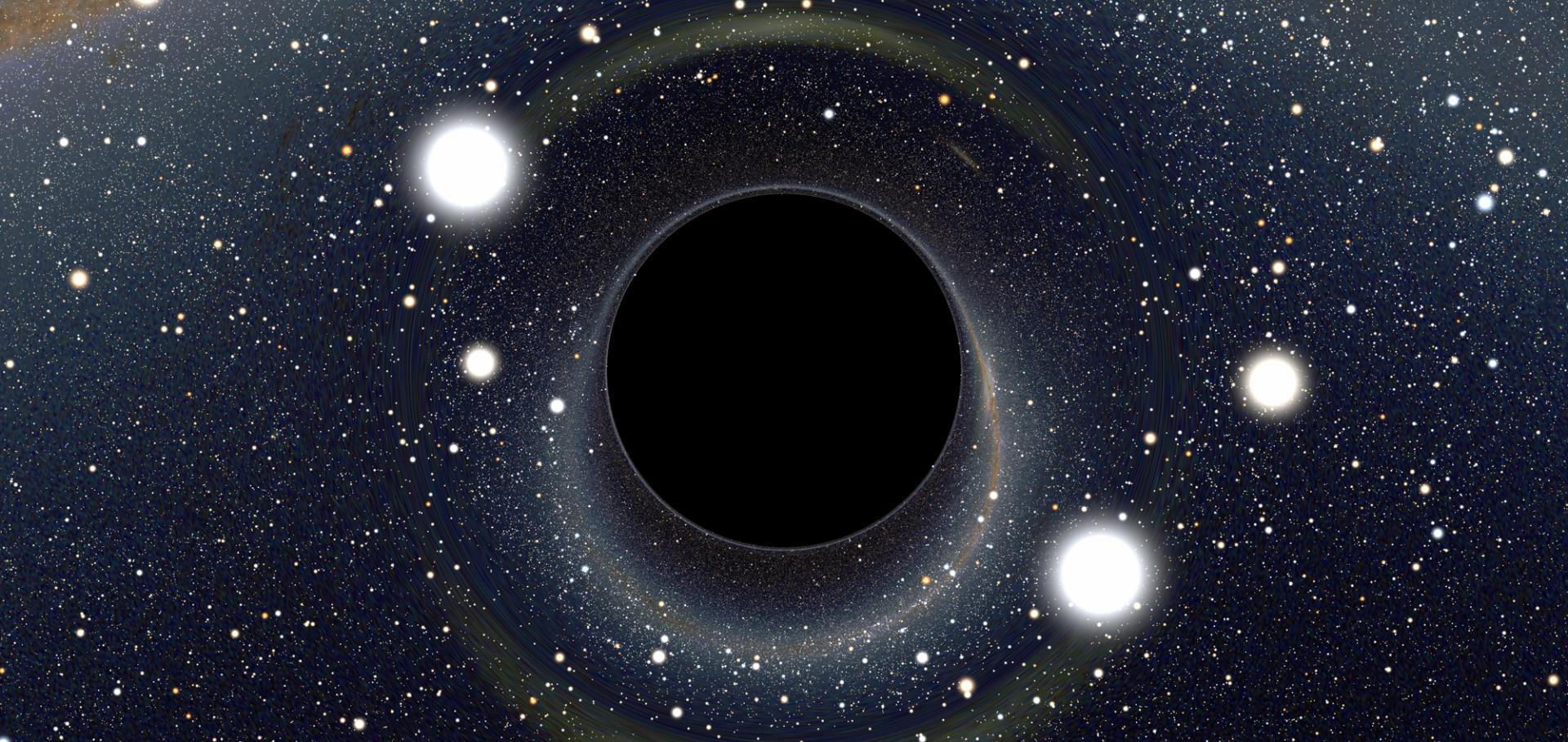Cosmology and fundamental physics with the Euclid satellite
ArXiv 1206.1225 (2012)
Abstract:
Euclid is a European Space Agency medium class mission selected for launch in 2019 within the Cosmic Vision 2015-2025 programme. The main goal of Euclid is to understand the origin of the accelerated expansion of the Universe. Euclid will explore the expansion history of the Universe and the evolution of cosmic structures by measuring shapes and redshifts of galaxies as well as the distribution of clusters of galaxies over a large fraction of the sky. Although the main driver for Euclid is the nature of dark energy, Euclid science covers a vast range of topics, from cosmology to galaxy evolution to planetary research. In this review we focus on cosmology and fundamental physics, with a strong emphasis on science beyond the current standard models. We discuss five broad topics: dark energy and modified gravity, dark matter, initial conditions, basic assumptions and questions of methodology in the data analysis. This review has been planned and carried out within Euclid's Theory Working Group and is meant to provide a guide to the scientific themes that will underlie the activity of the group during the preparation of the Euclid mission.RNA secondary structure mediates alternative 3′ss selection in Saccharomyces cerevisiae
RNA Cold Spring Harbor Laboratory 18:6 (2012) 1103-1115
Cosmology of Axions and Moduli: A Dynamical Systems Approach
ArXiv 1204.3632 (2012)
Abstract:
This paper is concerned with string cosmology and the dynamics of multiple scalar fields in potentials that can become negative, and their features as (Early) Dark Energy models. Our point of departure is the "String Axiverse", a scenario that motivates the existence of cosmologically light axion fields as a generic consequence of string theory. We couple such an axion to its corresponding modulus. We give a detailed presentation of the rich cosmology of such a model, ranging from the setting of initial conditions on the fields during inflation, to the asymptotic future. We present some simplifying assumptions based on the fixing of the axion decay constant $f_a$, and on the effective field theory when the modulus trajectory is adiabatic, and find the conditions under which these assumptions break down. As a by-product of our analysis, we find that relaxing the assumption of fixed $f_a$ leads to the appearance of a new meta-stable de-Sitter region for the modulus without the need for uplifting by an additional constant. A dynamical systems analysis reveals the existence of many fixed point attractors, repellers and saddle points, which we analyse in detail. We also provide geometric interpretations of the phase space. The fixed points can be used to bound the couplings in the model. A systematic scan of certain regions of parameter space reveals that the future evolution of the universe in this model can be rich, containing multiple epochs of accelerated expansion.A tensor instability in the Eddington inspired Born-Infeld Theory of Gravity
ArXiv 1204.1691 (2012)


